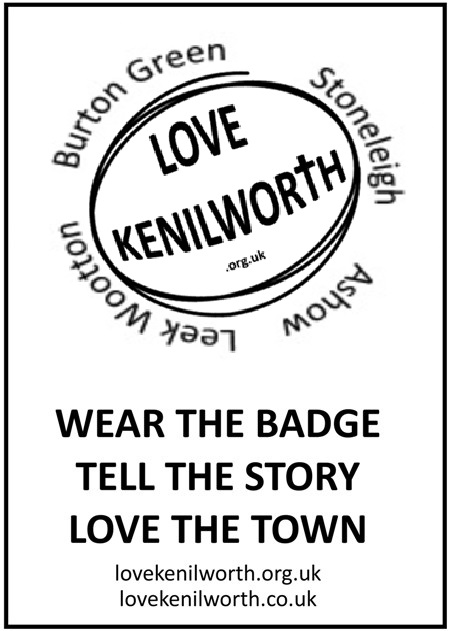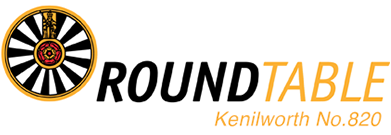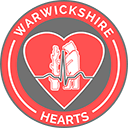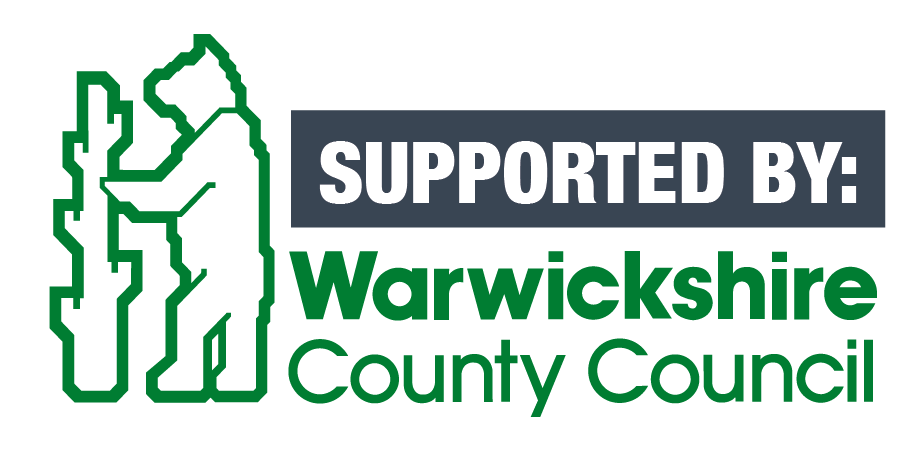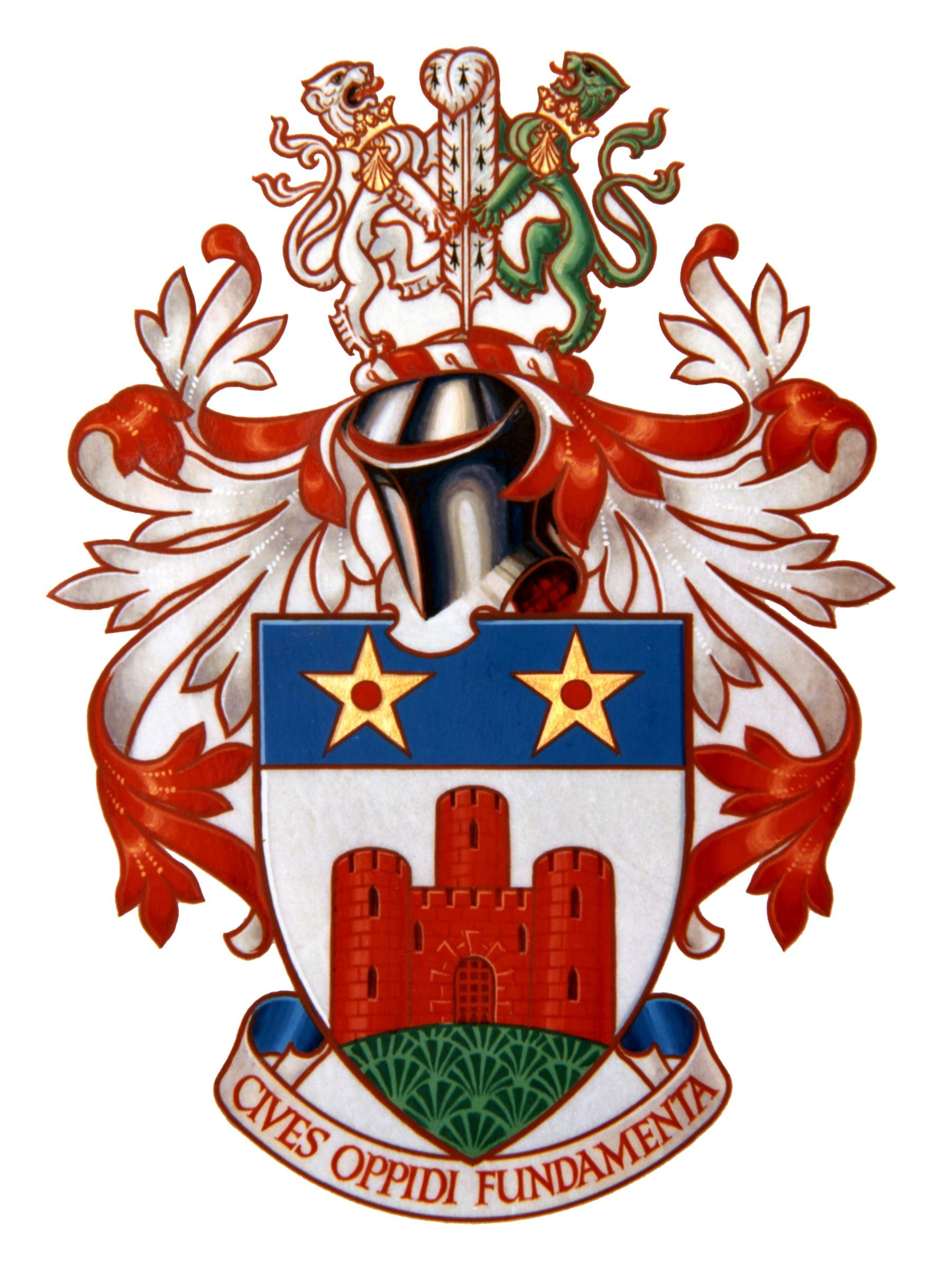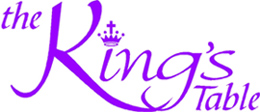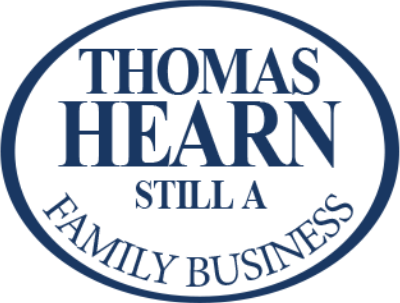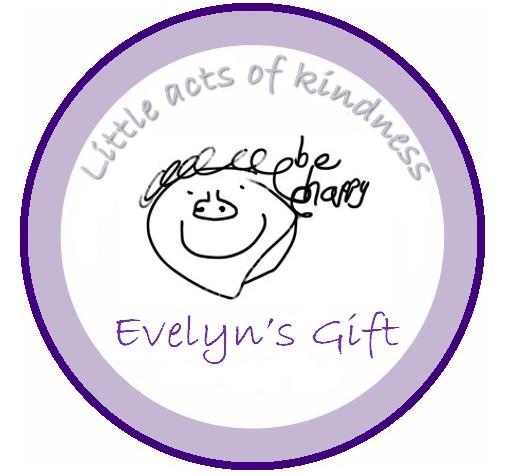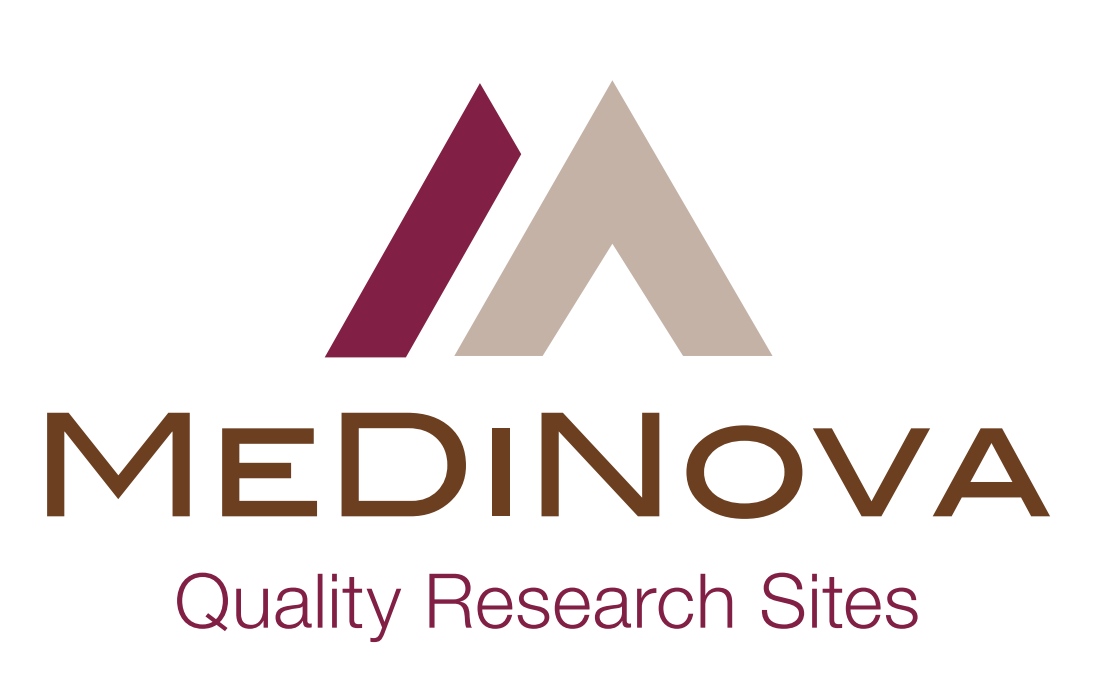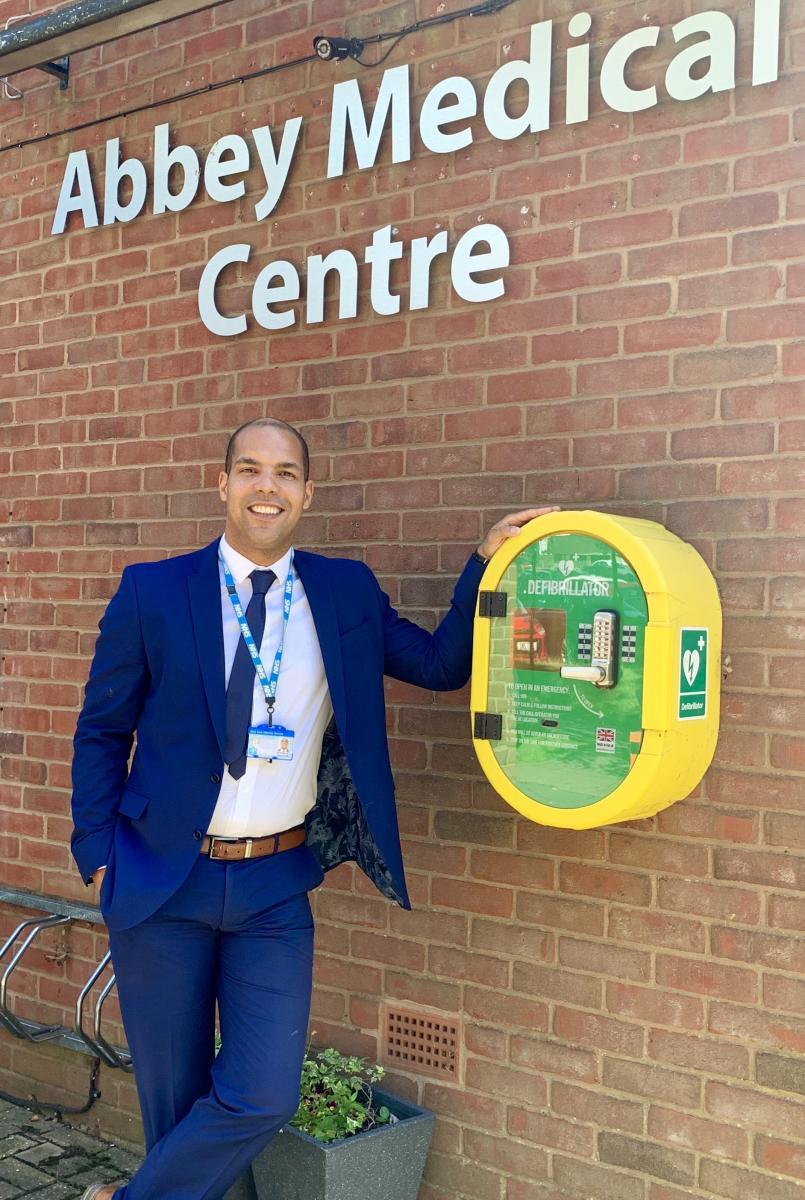 |
|
|
AED at Abbey Medical Centre - pictured with Ryan Smith (KHS Trustee) & Non-Clinical Partner |
King's Table, 44 Warwick Rd, Kenilworth CV8 1HH |
What is an Automated External Defibrillator (AED)?
A defibrillator is a device that gives a high energy electric shock to the heart of someone who is in cardiac arrest. This high energy shock is called defibrillation, and it's an essential part in trying to save the life of someone in cardiac arrest.
A defibrillator will analyse heart rhythms, and if appropriate, will impart a shock which stops a heart undergoing cardiac arrest and allows the heart to restore a normal healthy rhythm.
AED stands for
-
"Automated" - meaning it operates automatically. Once switched on they have a voice which tells users exactly what to do.
-
"External" - meaning they are designed to be stored in a secure cabinet outside.
-
"Defibrillator" - meaning a device that checks the heart rhythm of a patient and, if and when appropriate, will administer a high energy electric shock to restore the heart’s normal rhythm.
-
NB The electrical shock is very low voltage and not dangerous.
Who can use an AED?
You don’t need to be trained to use a defibrillator – anyone can use it. There are clear instructions on how to attach the defibrillator pads. It then assesses the heart rhythm and will only instruct you to deliver a shock if it’s needed. You cannot deliver a shock accidentally, the defibrillator will only allow you to shock if it is needed.
In a recent survey, three quarters of people said they wouldn’t feel confident enough to act if they saw someone having a cardiac arrest. With more CPR training and greater awareness, we can change that. - Book one of Kenilworth HeartSafe's basic training sessions to learn CPR & use of an AED. They last for approximately 90 minutes and are free of charge. It could help you to save a life!
Why is it vitally Important to register AEDs
AEDs should be sited in a fairly prominent location which has safe access for the public 24/7. Good local examples are the Abbey Medical Centre and The King's Table which are pictured above. They should be stored in a secure lockable cabinet with a combination lock and have an electrical supply. This is necessary to protect the AED in a controlled environment with protection from the cold. Once positioned they should be registered with the Circuit at the British Heart Foundation website. See below.
In the event of a suspected sudden cardiac arrest (SCA), the first people on the scene should apply CPR to the patient and phone 999 or 112 and ask for the Ambulance Service and explain the situation. They will send an ambulance to where it is needed. Also if there is an AED close to the scene of the SCA they will tell you where it is, and provide the combination number to permit access to the AED. The Ambulance Service can only direct people to an AED if it is properly registered. If the AED is on private property and unregistered it is of very limited use.
Registering is a simple process. After installation go to https://www.thecircuit.uk/account/signupsignin. You need the AED details and exact location of the AED including postcode.
Why do we need more Registered AEDs?
To help someone who is in cardiac arrest a defibrillator needs to be found as quickly as possible. For every minute it takes for the defibrillator to reach the patient and deliver a shock, their chances of survival reduce by up to 10%. - Only 3% of cardiac arrests happen within the recommended retrieval distance of a defibrillator.
Buying an AED for our community
Kenilworth HeartSafe is a local Independent Charity committed to assist in the procurement of AEDs for the use of our community. We can help by offering advice and in some cases funding support. We have a strategy to achieve cover for Kenilworth, Stoneleigh, Ashow, Burton Green and Leek Wootton using a careful targeted approach. Please contact us to discuss your ideas so we can work together to obtain the best equipment at affordable prices and in optimal locations to keep the community HeartSafe.

